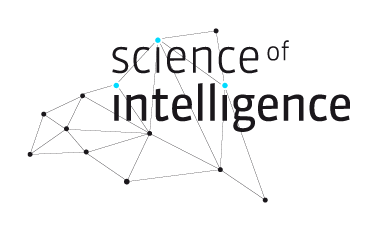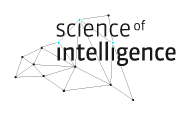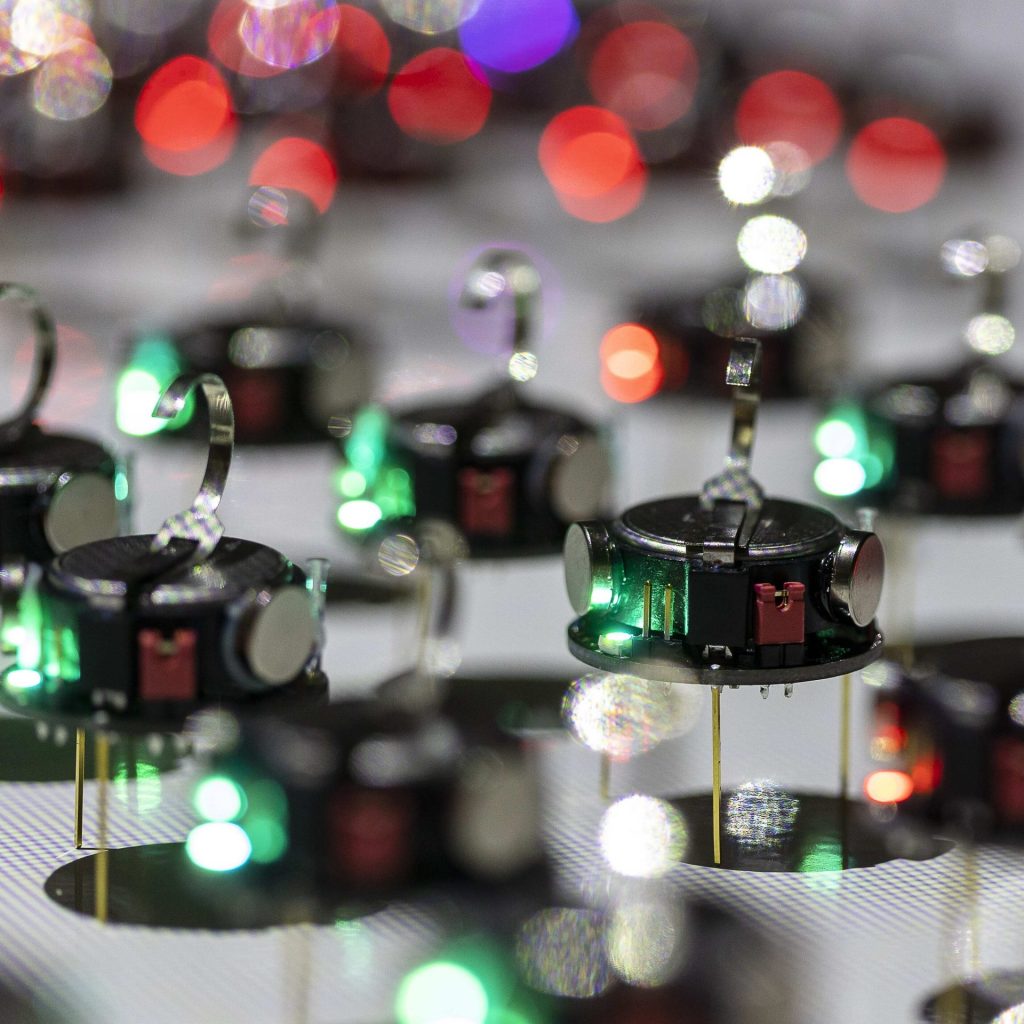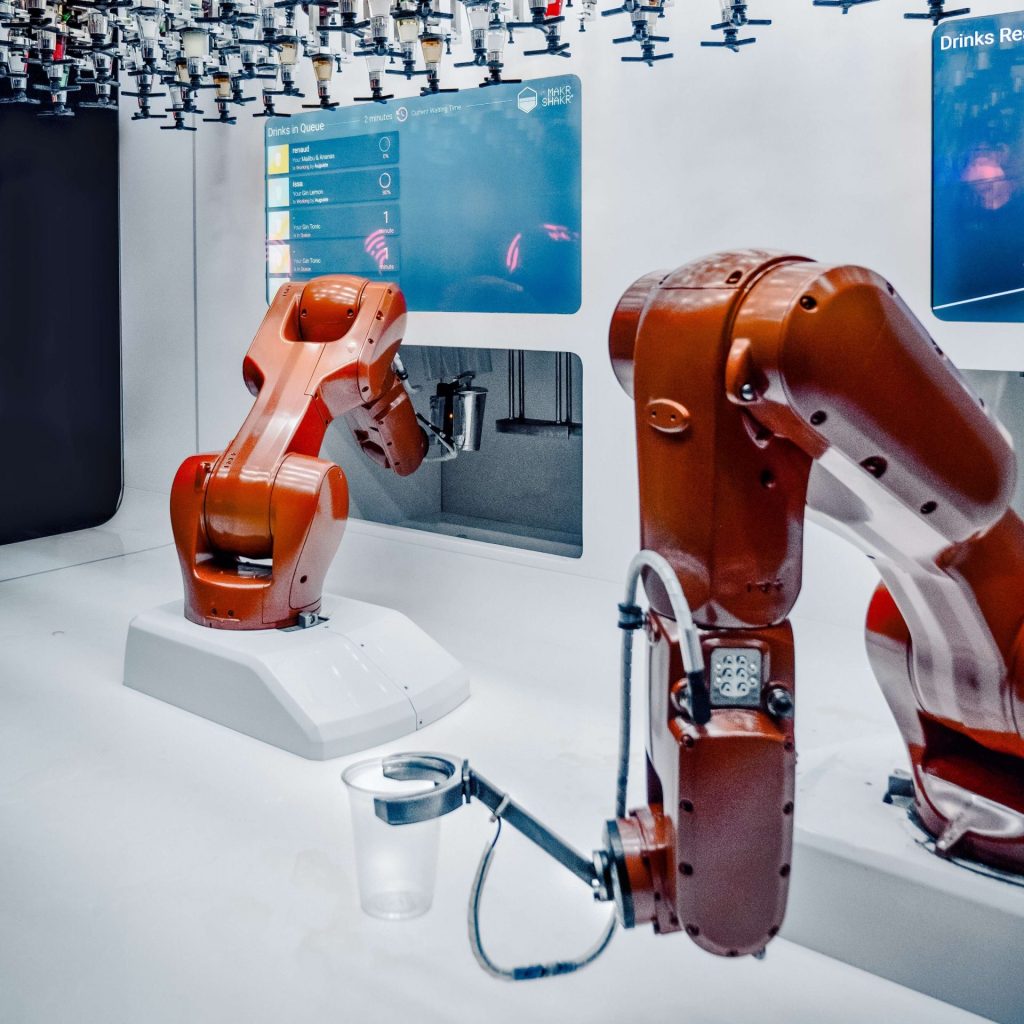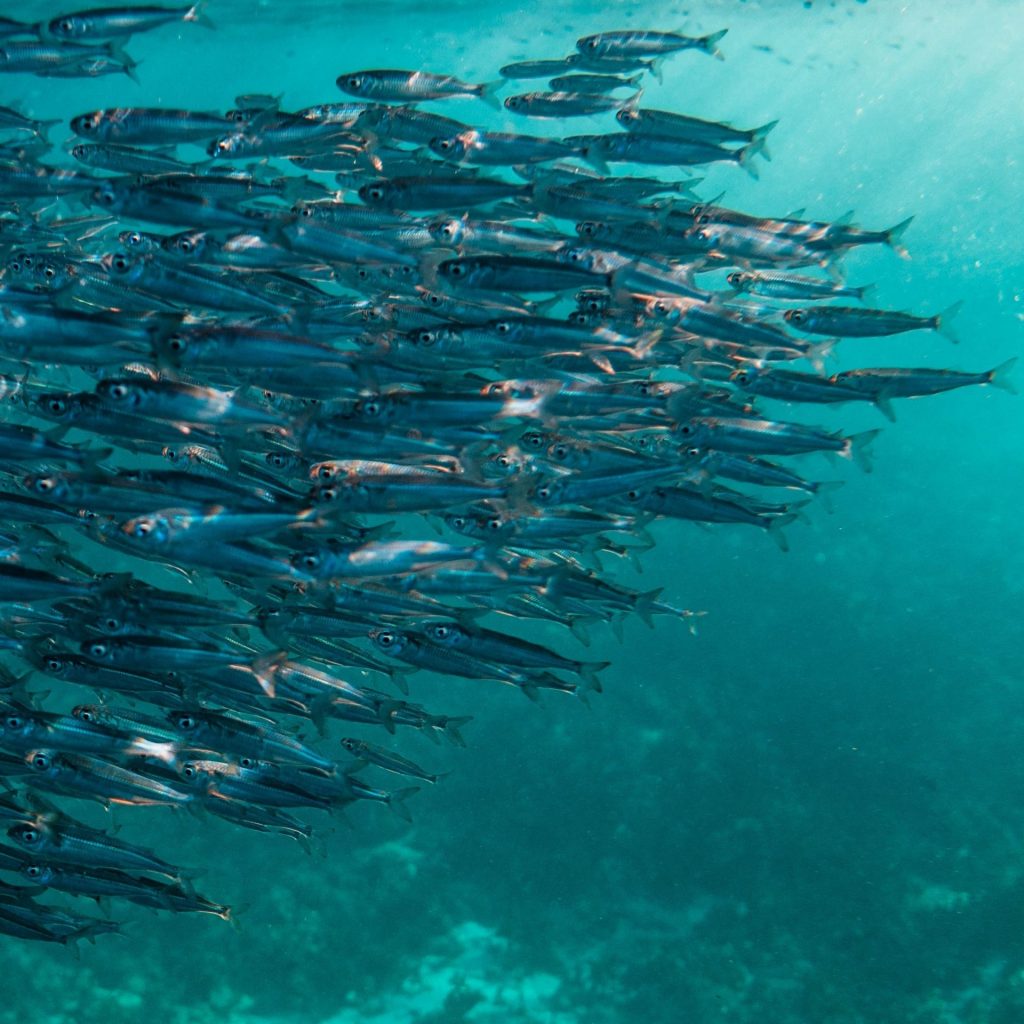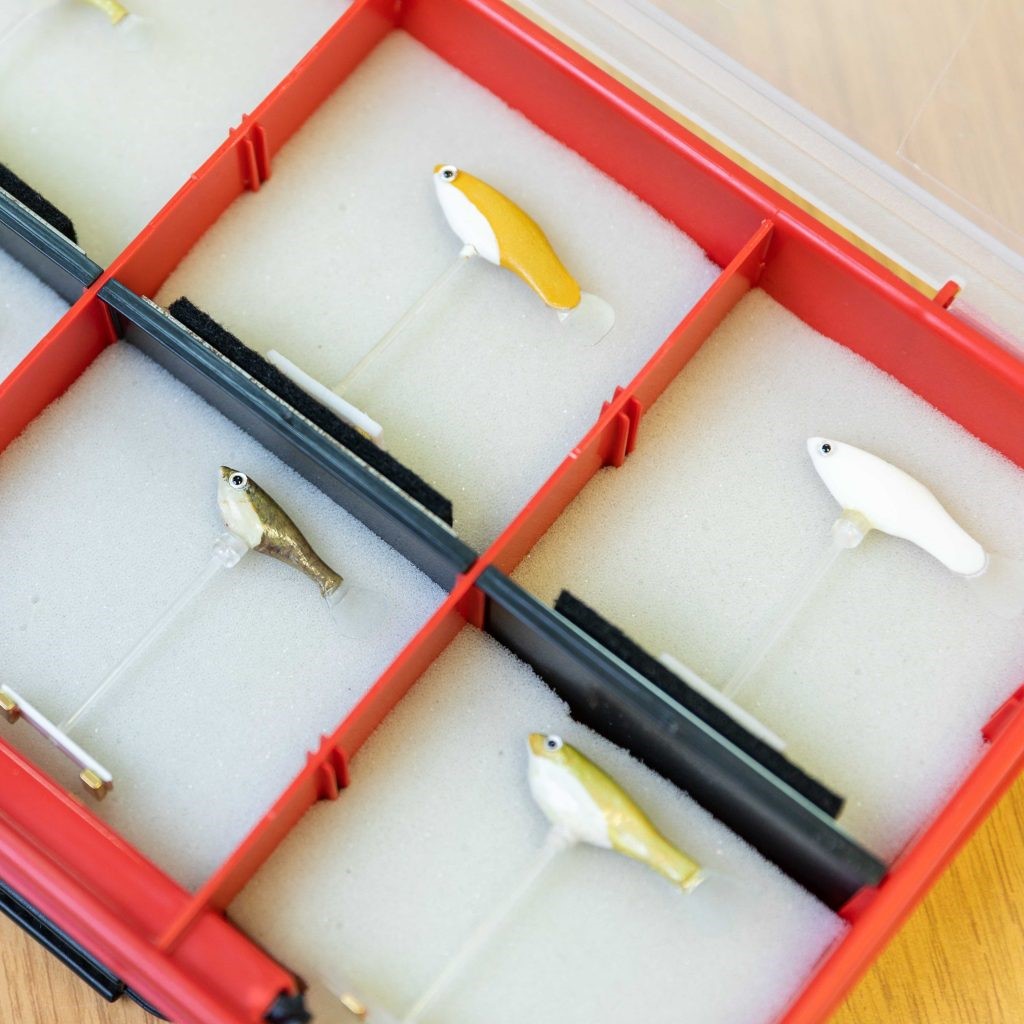
February 2023
Abstract: Biological intelligent systems manifest their intelligence in physical interactions with other agents and with their environment. Such interactions require embodiment. Intelligence, both artificial and biological, also requires some kind of learning. But what is the relationship between the two? How should the two interact? Do they even have to? What could be a common ground…
Abstract: I investigate how large groups of simple robots can reach a consensus with decentralized minimalistic algorithms. Simple robots can be useful in nanorobotics and in scenarios with low-cost requirements. I show that through decentralized voting algorithms, swarms of minimalistic robots can make best-of-n decisions. In my research, I show that using a biologically-inspired voting model…
January 2023
Lars Lewejohann, Freie Universität Berlin, German Federal Institute for Risk Assessment (BfR), German Centre for the Protection of Laboratory Animals (Bf3R) Mice, like all other living creatures, have adapted to specific living conditions in the course of evolution. From a human point of view, the behavior of animals is therefore not always easy to understand. This…
Abstract: From writing essays to evaluating potential hires, machines are doing a lot these days. In all spheres of life, it seems that machines are being delegated more and more decisions. Some of these machines are being delegated decisions that could have significant impact on human lives.Examples of such machines which have caused such impact are…
Abstract: Unsupervised learning is experiencing a renaissance. Driven by an abundance of unlabelled data and the advent of deep generative models, machines are now able to synthesise complex images, videos and sounds. In robotics, one of the most promising features of these models - the ability to learn structured latent spaces - is gradually gaining traction.…
Abstract: Swarm robotics is a promising approach to the coordination of large groups of robots. Traditionally, the design of collective behaviors for robot swarms has been an iterative manual process: a human designer manually refines the control software of the individual robots until the desired collective behavior emerges. In this talk, I discuss automatic design as…
Abstract: In groups of agents learning how to solve a common task, interaction and knowledge transfer between agents is important and can vary depending on network topology. Heterogeneity is one of the key principles that influences the type and quality of interaction between learning agents. Different learning strategies and behaviors can be a driving factor for…
Abstract: We can view cortex from two fundamentally different perspectives: a powerful device for performing optimal inference, or an assembly of biological components not built for achieving statistical optimality. The former approach is attractive thanks to its elegance and potentially wide applicability, however the basic facts of human pattern vision do not support it. Instead, they…
Abstract: Teleosts engage in diverse social activities, ranging from the highly gregarious zebrafish to the solitary Siamese fighting fish. When presented with conspecifics, these social tendencies produce stereotyped behaviours: zebrafish shoal towards their conspecifics, while fighting fish engage in aggressive displays. Under certain conditions, these behavioural patterns are sufficiently robust to support visual psychophysics and demonstrate…
December 2022
Many claims have been made that machine intelligence could make humans superfluous in the near future. Today this claim is largely seen as overstated, but it is still important to assess the relative strengths of human versus machine cognition. ***Want to attend one of our events? Sign up here. To get regular updates, subscribe…
Abstract: A central challenge in understanding the concept of swarm intelligence is the relation between the behavior of a swarm of agents and its ecological niche. In order to interpret such collective concept, we have been using analytical and synthetic approaches to get more insights using mainly one particular biological system of Sulphur mollies as study…
Abstract: Lack of data and annotations has been the showstopper for machine learning projects when I started my PhD and 15 years later it still is. In my talk, I will give a brief overview of recent models we developed for weakly- and semi supervised as well as for active learning. In addition, we will analyze…
Abstract: The brain is a complex dynamical system with processes operating on different spatial scales. At the macroscopic end one observes global dynamical phenomena, which are called „brain states“ and which are often acompanied by oscillations in different frequency bands or by specific functional connectivity patterns between populations of neuron. A common hypothesis states, that the…
Abstract: The aim of SCIoI’s P10 is to investigate how anticipation and prediction shapes social interactions among live and artificial agents using for example the Robofish system. We will outline our research showing the sophisticated anticipation abilities of live fish, as well as how we integrated prediction and anticipation into Robofish’s social interaction behaviors. We will…
November 2022
Abstract: Learning is a central concept in many scientific disciplines. Communication about research on learning is, however, hampered by the fact that different researchers define learning in different ways. In this talk, we introduce the extended functional definition of learning that can be used across scientific disciplines. We provide examples of how the definition can be…
